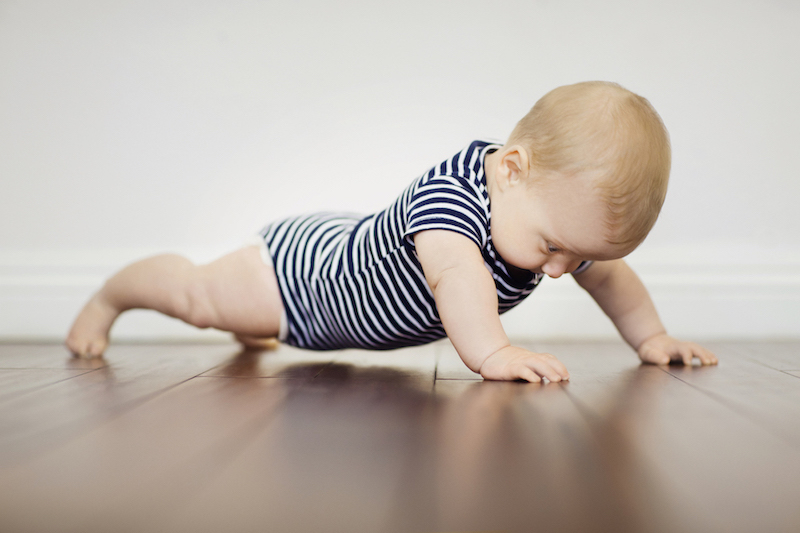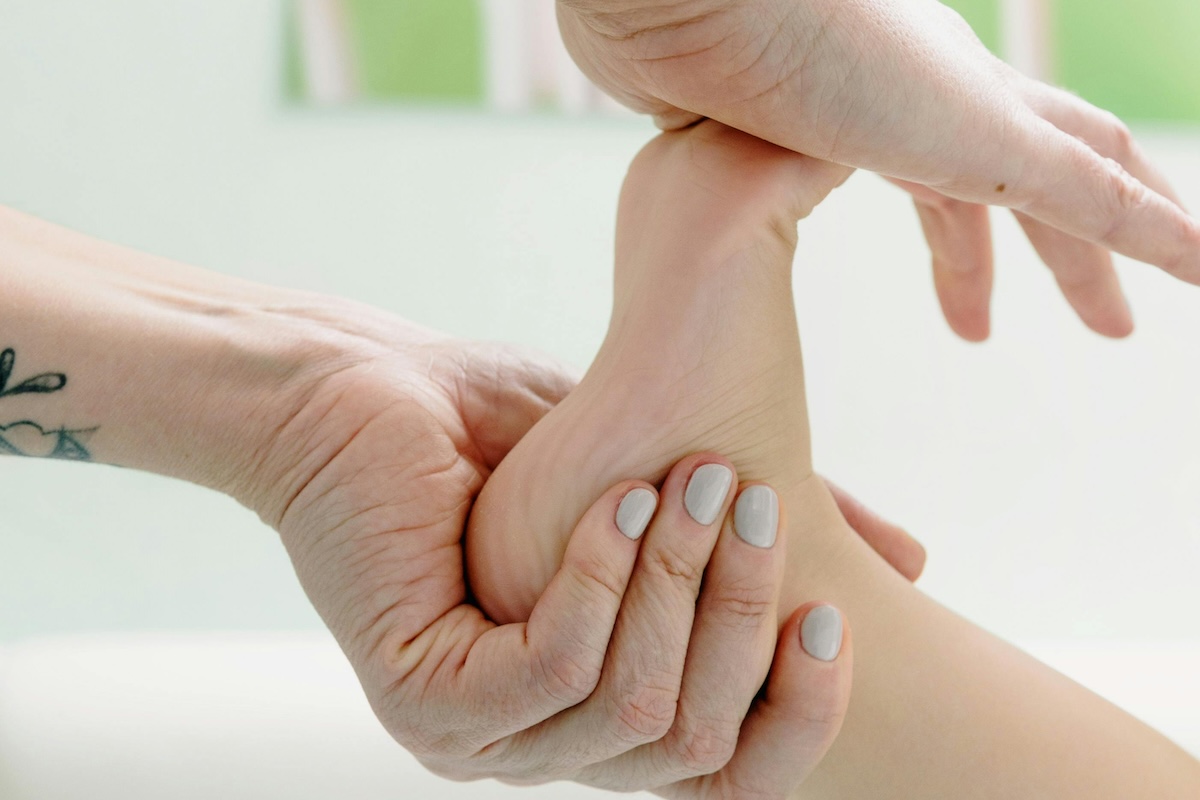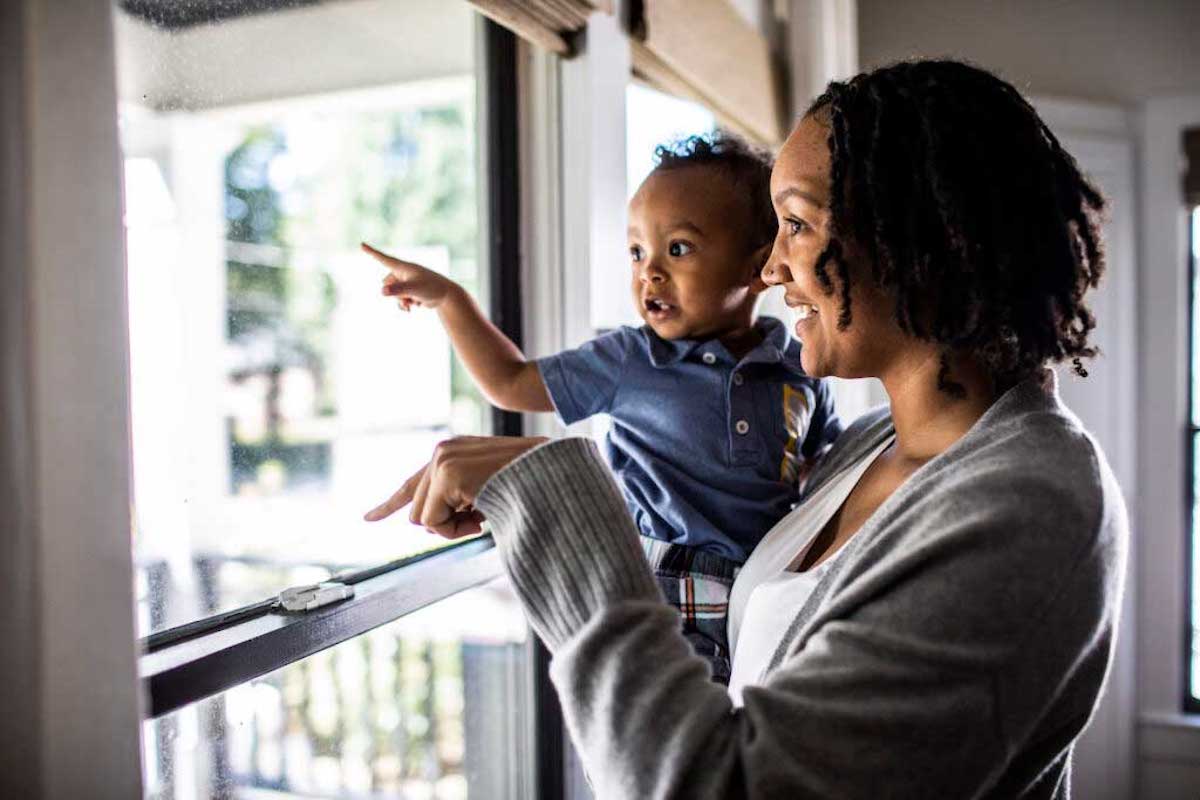In recent years, developmental milestones have been in the spotlight, especially as parents navigate updated CDC guidance about what babies “should” be doing when. One change that continues to spark debate is the elimination of the crawling milestone. Prior guidelines had indicated an age at which crawling was expected; in the current guidelines, crawling doesn’t appear at all. This removal reflected a view among the expert committee that skipping the crawling stage was not a cause for concern.
For many physical and occupational therapists, this omission remains troubling. They argue that skipping crawling may signal underlying issues — or even cause them. For parents, this disagreement is understandably confusing. Should you be paying attention to whether your baby is crawling? Or ignore it altogether? What is the source of this worry, and is it supported by data?

Why is “crawling” so hard to define?
Let’s start with why crawling is, in general, a tough milestone to quantify. Pre-walking mobility is quite varied. Many babies do have a traditional on-all-fours crawling stage for several months. But others butt-scoot, or army crawl, or do some kind of unusual rolling activity. Some estimates suggest that about 15% of children skip the standard all-fours crawling stage.
In contrast to many other milestones, crawling isn’t progressive — once people start to walk, they mostly leave crawling behind. Contrast that with something like language. When kids get to the stage of using sentences, they are still relying on the initial skills they had in forming words. It would be odd to think about “skipping” words. But when you walk, you do not also crawl. So “skipping” this milestone doesn’t have the same feel as the others.
This doesn’t answer the question, though, of whether there is something that children learn while crawling that they will miss if they do not crawl.
Does crawling impact development in other ways?
On one hand, there is significant evidence that kids learn things and their brains develop as they crawl around. There is a study that shows changes in brain organization among experienced crawlers (five to eight weeks) versus novice crawlers (one to four weeks). In at least one study, crawlers at 9 months showed more flexible memory retrieval than non-crawlers of a similar age. They also seem to be better at visual predictions of object movement and better at avoiding falling off cliffs (small cliffs!) into water.
However, all of these findings are equally well interpreted as impacts of movement rather than crawling per se. As babies learn to move themselves around in spaces, their brains develop in ways that help them do that. These brain connections may develop earlier if a child crawls (or scoots or walks) earlier, but it isn’t at all clear that the method of locomotion matters. Moreover, children who learn mobility later also develop these skills, just slightly later.
There are some more specific claims made. For example, crawling is important for developing pencil grip. The data on which this claim is based is extremely flimsy. The main study is a case-control study from South Africa in which 30 children who didn’t have a traditional crawling period were compared with 30 control children who did. This study has a lot of problems, including an odd approach to defining who crawled and a non-standard approach to measuring pencil grasp. It’s also very small, and it’s correlation, not causation.
Another claim is that crawling and reading are linked. This idea is actually quite old; here is a dissertation on the topic from 1967. There is an underlying theory in this literature that the cross-body communication, which is required for crawling, engages some aspect of brain development that is necessary for fully developing language skills (and by definition, reading). However, even in this early dissertation, the empirical tests of the theory fell somewhat flat, showing little or no relationship between crawling skills and reading. And nothing subsequent has supported this.
This review, discussing the concerns with the new guidelines, is helpful in thinking this through and going deeper. The upshot there, and here, is that there is simply no compelling evidence to suggest that crawling is an inherently important milestone to reach or that the type of crawling matters. Butt-scooting is not a problem. Most kids will figure out some kind of locomotion before they walk, even if it’s funny-looking. But if they do not, and just start walking around, that is okay too.
Is there any way to encourage crawling?
If you do want to encourage your child to crawl, either because you are convinced that the movement is important or just because you’re eager for them to be more mobile, can you do it? Not completely, no. But more tummy time will increase their opportunities to try. The move to back sleeping may have delayed crawling in some kids — more awake tummy time can make some of that up without the elevated SIDS risk.
The bottom line
- Crawling is a tough milestone to quantify because pre-walking mobility can range from a traditional on-all-fours crawling stage to butt-scooting or army crawling. Some babies skip crawling altogether and go right to walking.
- Although babies’ brains grow as they start moving, there’s no solid evidence that crawling itself is uniquely important for later development.





















Log in
My now 10 year old son was referred to early intervention by our peds for a gross motor delay–he was not cruising at 12 months and he didn’t walk until 18 months. He did not crawl but he did butt scoot and do W-sitting. The PT we saw discouraged butt scooting, said it was a sign of core weakness. Even at 10, he has core strength issues that have required OT.
My friend’s first son was a butt scootcher, he schootched so much he would wear holes in the ankles of his socks. Never crawled though. At some point, around 15-18 months he started walking which seemed late but his pediatrician figured that he had plenty of leg tone so the issue wasn’t that he couldn’t walk but that he wasn’t interested in trying. Probably because he was very mobile and scootching left his have free so he could move around and still hold things. But yeah he just suddenly started taking steps and then left scootching behind.
Thank you for addressing this topic! It’s on my mind daily now as my 5 yr old didn’t crawl (just happily sat, started walking while holding on to things at 12 months, walked on his own at 16 months) and now is in kindergarten and doesn’t have a dominant hand, primitive pencil grip, and kindergarten teacher is referring for IEP for OT and PT. He’s doing fine but a little delayed from his peers. The starkest contrast is his 3 yr old sister who crawled at 7 months and has surpassed him in most motor skills, both fine and gross. Just wanted to share in case it helps parents of non-crawlers to be on the lookout for fine motor delays. We tried to get him to crawl but I’m not sure what we could’ve really done. He is doing great learning to swim but REALLY struggles pulling himself out of the pool, essentially crawling.
Thanks for delving into this topic! You’ve touched on brain development and its murky link with crawling, but what about physical development? My brother- and sister-in-law are both osteopaths and told me that crawling is beneficial for developing other cross-body movements, along with hip and spine mobility.
This is also what I heard! My daughter is 10.5 months old and crawling on all fours and someone told me that it would be ideal to have her crawl for another few months before walking to support core strength & cross body development. Are there studies that speak to the physical development vs the brain development?